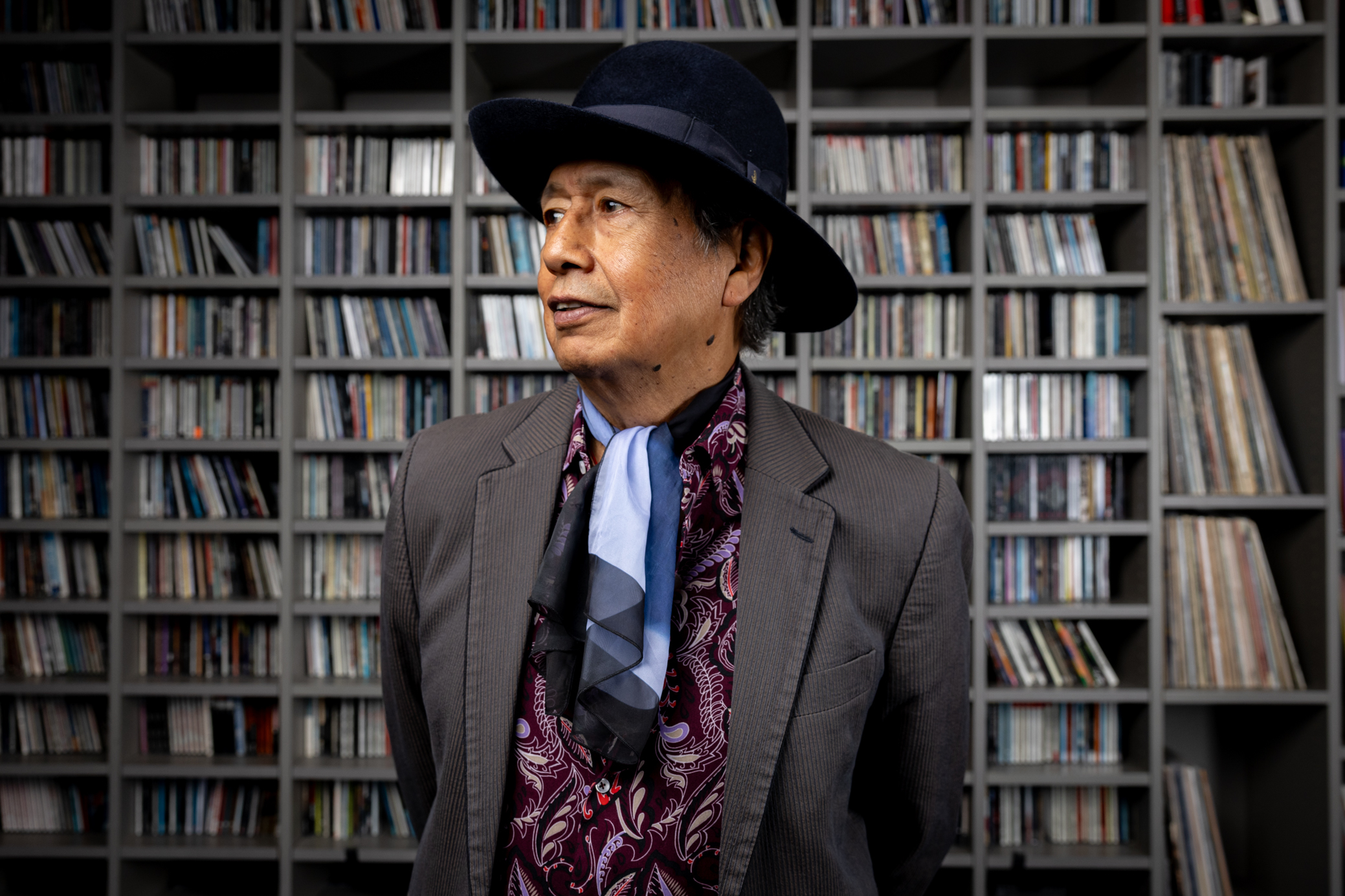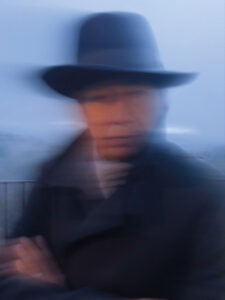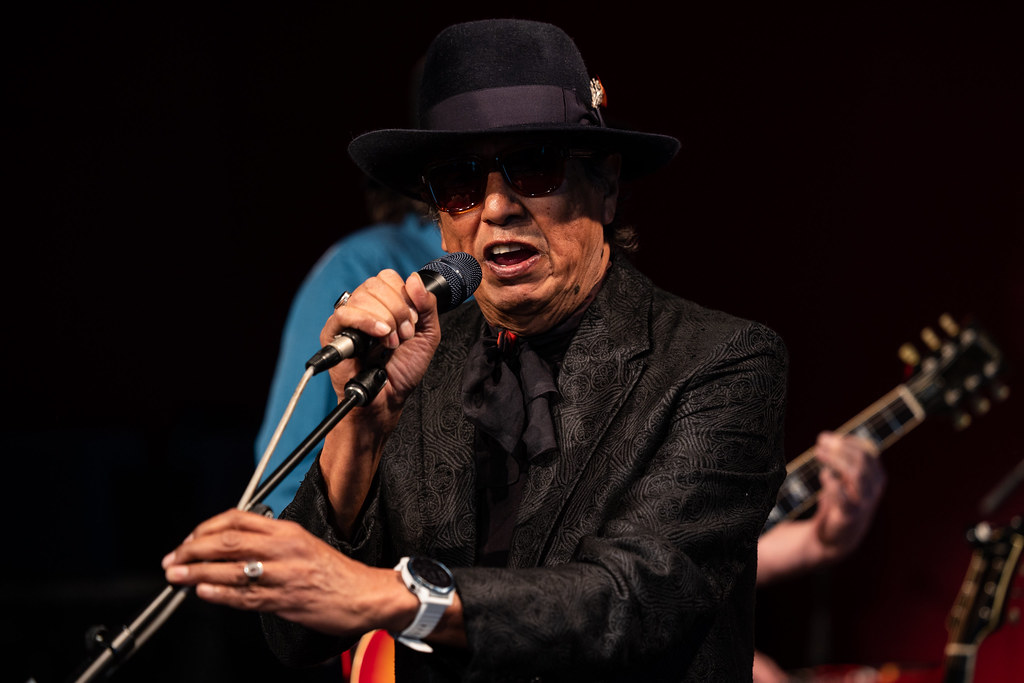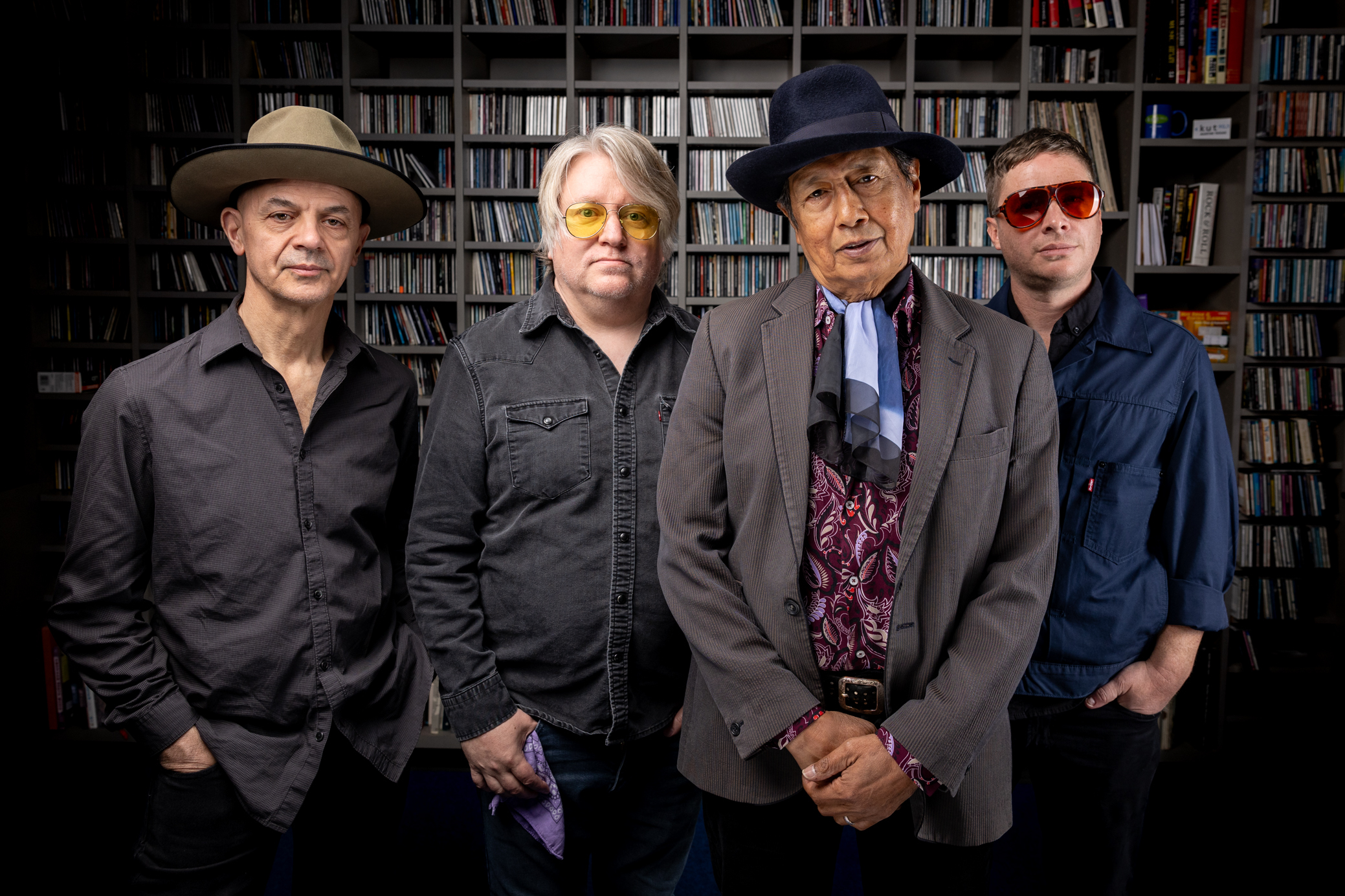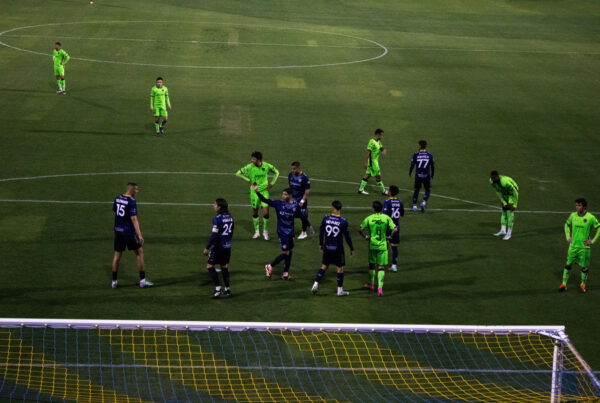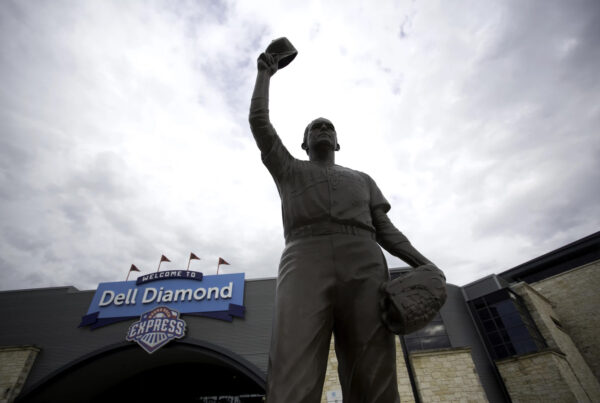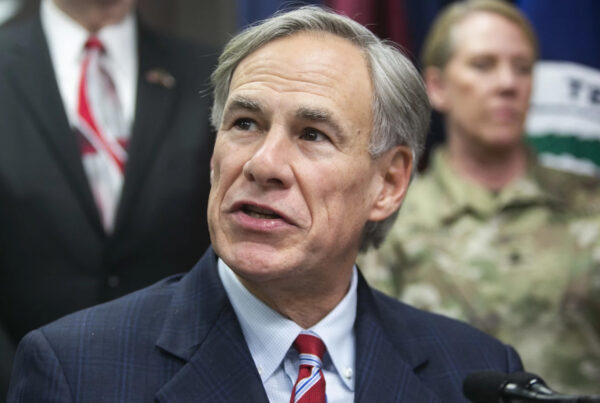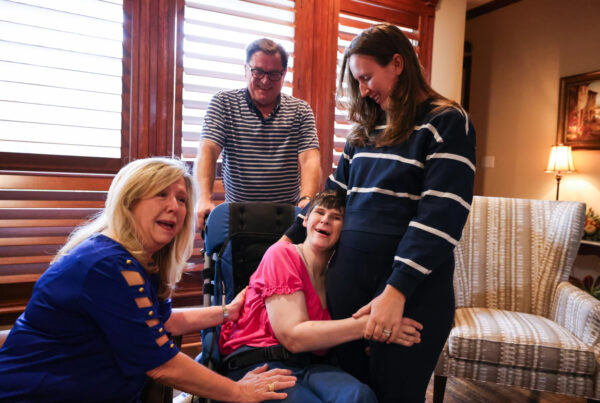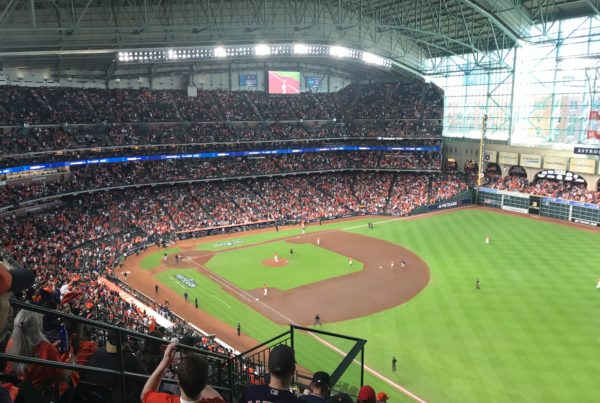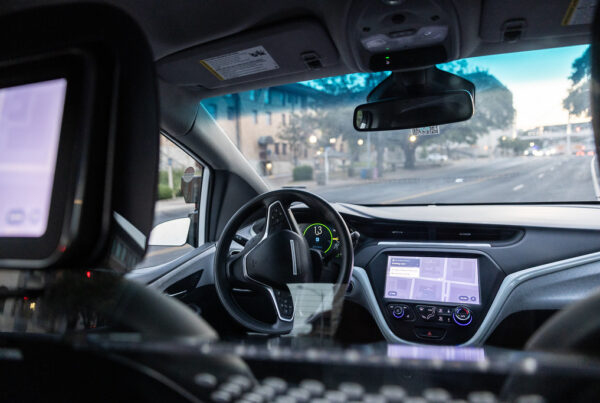Alejandro Escovedo has long been one of the most eclectic and highly regarded musicians in Texas – and in the U.S. But stardom has never been his thing.
The son of San Antonio and de facto ambassador of the Lone Star State has shared the stage with friends like Bruce Springsteen and performed at the Kennedy Center. Now, he’s releasing his latest collection, “Echo Dancing,” revisiting and revising some deep but beloved tracks from his catalog of songs.
He joined the Standard to share more about his new album, the state of music in Texas and more.
This transcript has been edited lightly for clarity:
Texas Standard: I understand you originally wanted to record an album of new material but decided to rerecord some songs from previous albums. Why was that?
Alejandro Escovedo: It’s funny – it just kind of struck me as I was boarding the plane, actually. And, you know, I wanted to go into the studio. I work with Don Antonio, Antonio Gramentieri and Nicola Peruch and his group of musicians in a little village in Italy called Modigliana in Romagna. And I was going out there and we said, let’s just go out there with zero – you know, ideas, a lot of sketches, maybe a chorus.
Sort of see how it all falls together in the studio.
Exactly. I wanted to create it from scratch in the studio. And then suddenly it dawned on me that it’d be a good time to do a retrospective, you know? Let’s see how we can recreate these songs, find new voices throughout these songs in order to create something new and different.
So, instead of having a band, it was just Nicola, who plays keyboards. He’s a phenomenal keyboard player. He plays with a gentleman by the name of Zucchero in Italy who fills soccer stadiums and stuff and has made records with Rick Rubin and people like that.
And then Antonio, who’s a phenomenal guitar player – you know, they’re both musical explorers, musical astronauts; they’re out there to find new sounds. And they loved the idea.
We stayed on this beautiful villa. The studio was this 15th century grain mill of some kind. All stone, gorgeous. Just a big, big room. And overlooking a valley which had vineyards and olive orchards and whatnot.
What a sight to record. That’s amazing.
It was amazing. And so, the inspiration came very easily. Like, every morning I would wake up and I’d say, I want these three songs. And so we would go in, I’d play them the songs in their original form. Nicola would start to make a loop, a drum loop of some kind, or maybe we’d just scratch on guitars and make a loop, whatever it was.
And we’d just go in, and I would sing the songs – they would send me kind of a new schematic for the whole thing, and so then I would have to respond to that in a very, you know, vocally in a different way.


